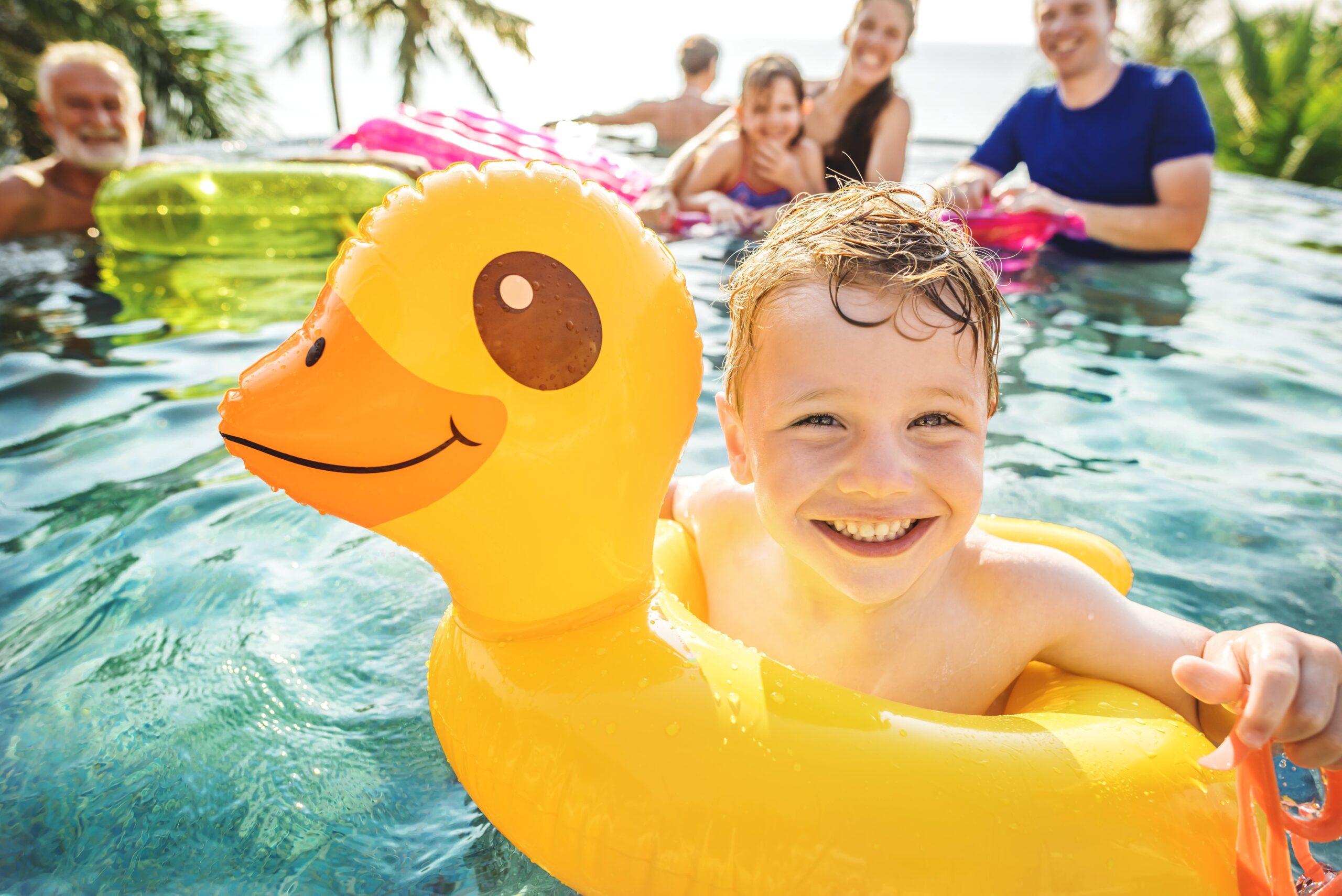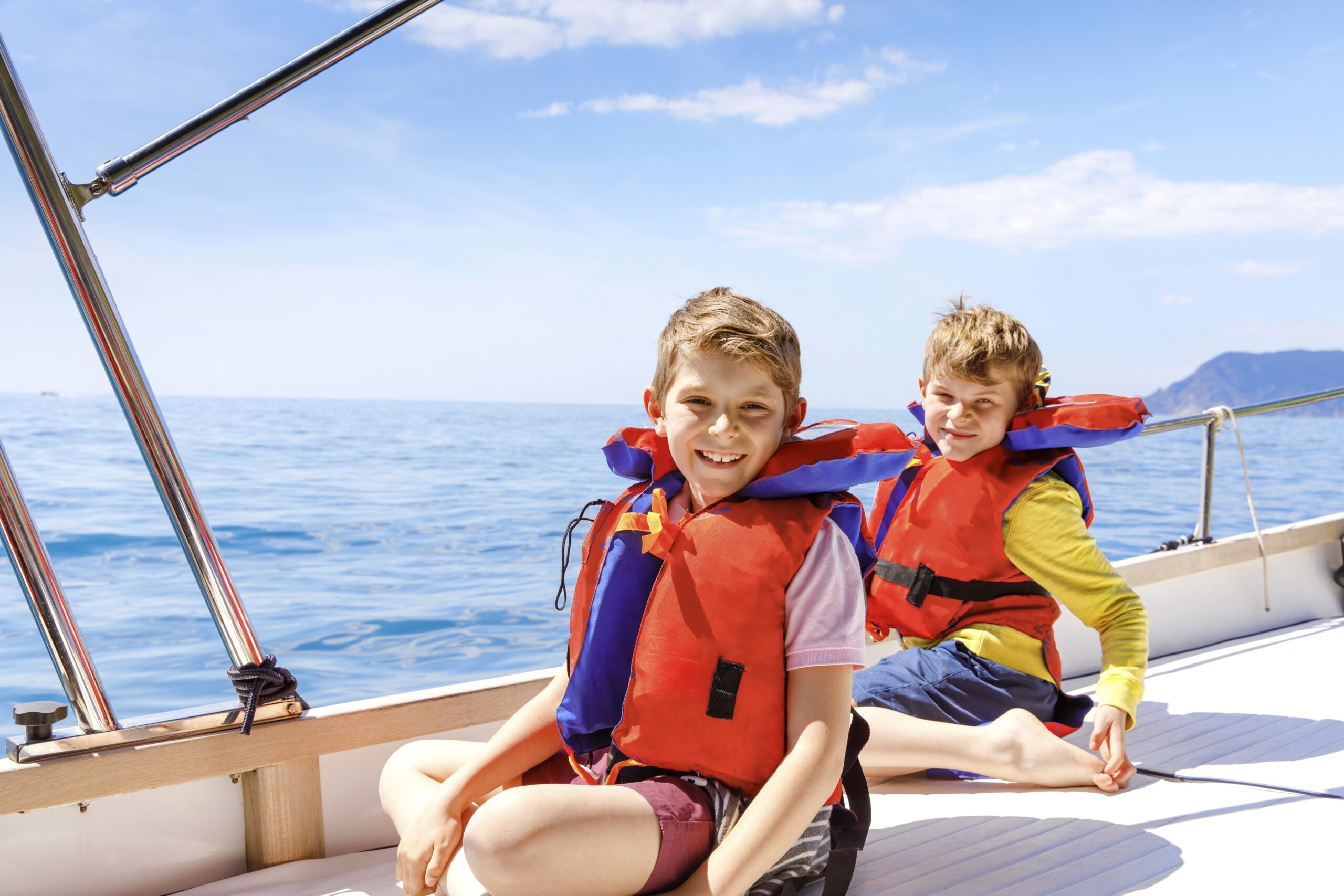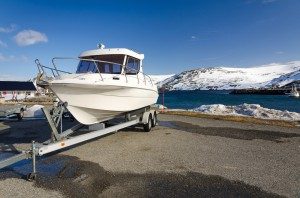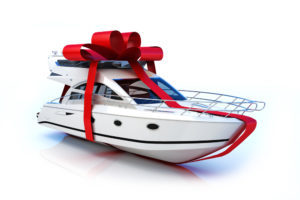For people of all ages, swimming is the fourth most popular activity in the United States, and for children and teens ages seven to 17, it is number one (CDC). Unfortunately, the water we love can also be dangerous. For children ages one through four, drowning is the “leading cause of unintentional injury death,” and for children ages five through nine it is the second most common cause (CDC). Drownings of children under four are most likely to occur in a home swimming pool while drowning victims in older age brackets are more likely to occur in natural water settings such as lakes and rivers.
In the case of young children, drowning often occurs due to a lack of supervision and/or lack of barriers around a pool. For older children and adults, lack of proficient swimming skills is a greater factor.
What can we do to keep ourselves and our children safe? The Red Cross suggests we only swim in designated areas preferably supervised by lifeguards, never swim alone, never leave children unattended, and have young children or inexperienced swimmers wear life jackets. Anyone who has not taken swimming lessons should do so. Lesson opportunities can be found on Red Cross websites, at a local YMCA or other fitness facilities, or through your local parks and recreation department. There are opportunities for both kids and adults of all levels from basic water survival to stroke development for fitness to competitive swimming.
If you have a pool, secure it with appropriate barriers. According to the Red Cross, many children who drown in home pools were under the care of one or more parents and out of their sight for less than five minutes.
Swimming for adults is a whole-body workout and a great way to cross-train for any athlete who wants to avoid or recover from injury. For kids and adults, swimming is a way to relax, cool off, and play. Be sure you and your family members all have the swimming skills you need to be safe. If you have a pool at home, take the necessary steps to keep it secure both with physical barriers and homeowner’s insurance. The staff at Waitte’s Insurance Company are here to assist you with your insurance needs so you are ready to take the plunge knowing you have taken the steps you need to stay safe.



 New England residents know how long winters in the region last – and yet, it is still disappointing every year when “spring” rolls around but it’s still too cold to use your boat out on the water, or enjoy other activities outdoors. Thankfully, however, winter has lingered in Connecticut for long enough this year, and fun-filled times in the sun are just over the horizon. If you’re looking forward to using your boat soon, you should keep these important tips in mind for de-winterizing your boat and preparing for boating season.
New England residents know how long winters in the region last – and yet, it is still disappointing every year when “spring” rolls around but it’s still too cold to use your boat out on the water, or enjoy other activities outdoors. Thankfully, however, winter has lingered in Connecticut for long enough this year, and fun-filled times in the sun are just over the horizon. If you’re looking forward to using your boat soon, you should keep these important tips in mind for de-winterizing your boat and preparing for boating season. With boat season rapidly approaching, buying a boat and hitting the open water is more tempting than ever. As wonderful as the idea of going nautical sounds, (especially in Connecticut) purchasing a boat comes with a laundry list of factors to strongly consider. Much like investing in an automobile or a home, first-time boat buyers will want to do their homework before making any hefty investments. For those with little-to-no experience in this process, we have compiled a checklist of items that can help take the angst and guess-work out of choosing the right watercraft for your needs.
With boat season rapidly approaching, buying a boat and hitting the open water is more tempting than ever. As wonderful as the idea of going nautical sounds, (especially in Connecticut) purchasing a boat comes with a laundry list of factors to strongly consider. Much like investing in an automobile or a home, first-time boat buyers will want to do their homework before making any hefty investments. For those with little-to-no experience in this process, we have compiled a checklist of items that can help take the angst and guess-work out of choosing the right watercraft for your needs.